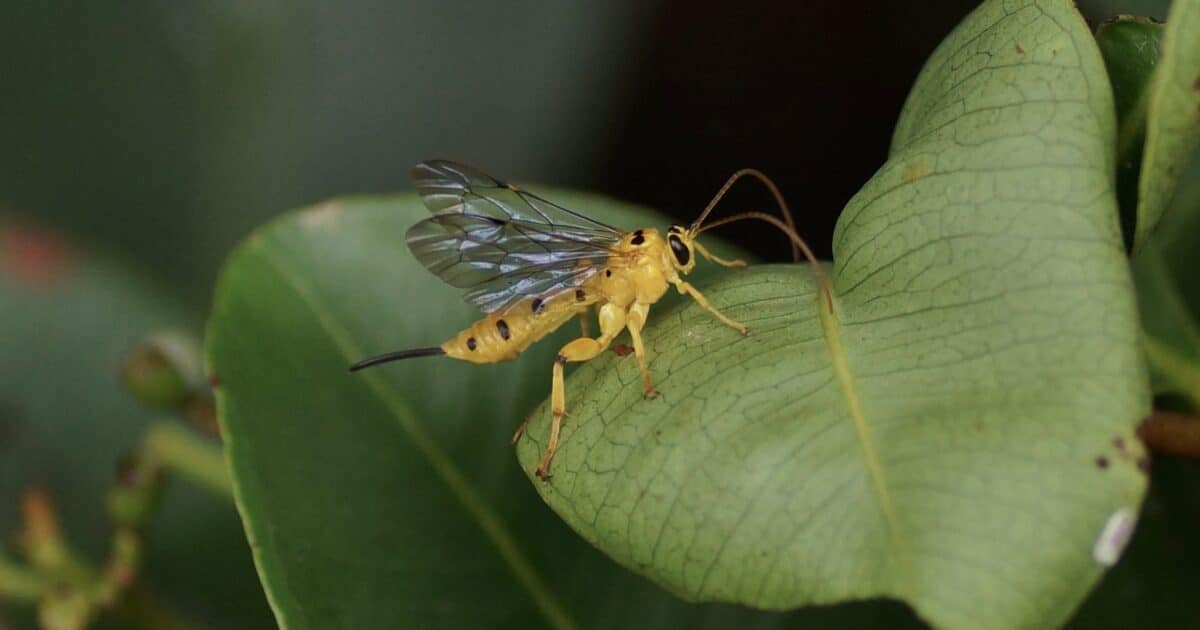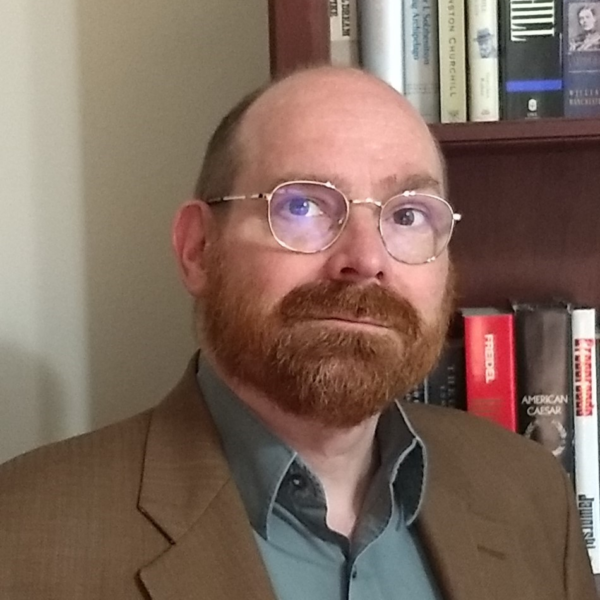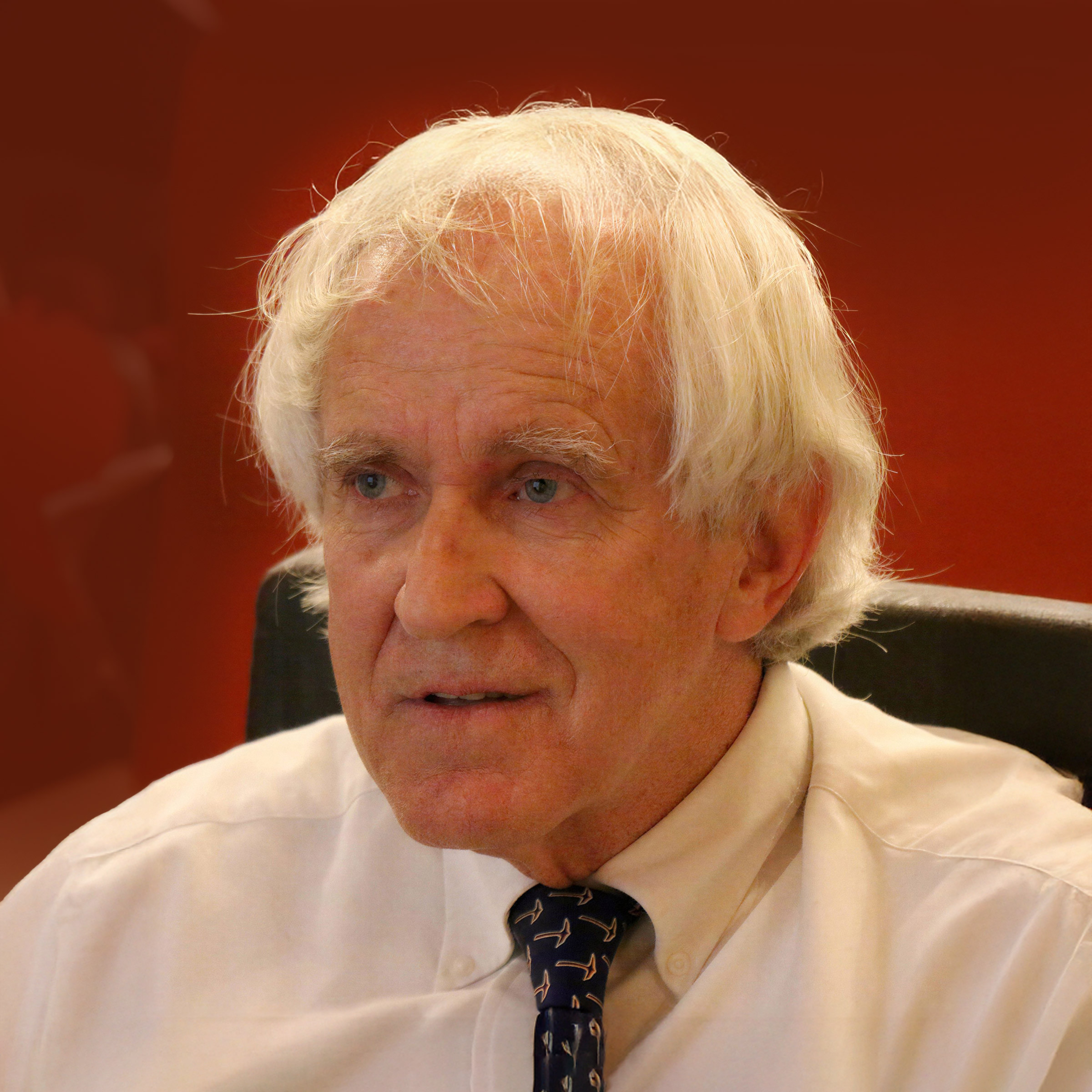
UC Davis


Here’s What Happens When Science Goes Woke

Redwoods, Grasshoppers: New Designs in Well-Studied Species

Plant Biologist: “Mutation Is Very Non-Random”

Put Some of This on That Wound, Honey

Save Animals, Not Sick People, from Death?

Stocking Stuffers: Smart Squirrels, DNA Origami, and More

Memory — New Research Reveals Cells Have It, Too







































